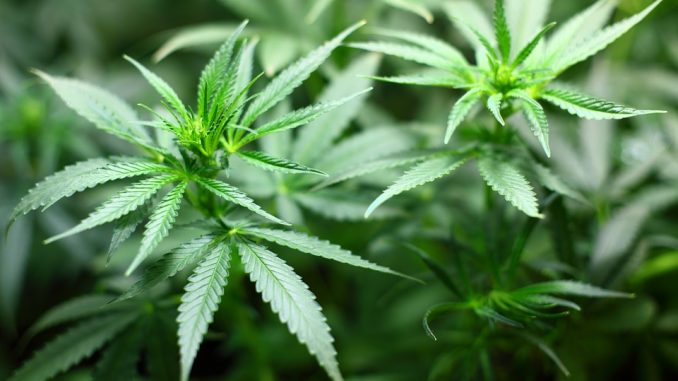
Recent ballot initiatives in several states have legalized the medicinal and recreational use of marijuana, intriguing many in New York about the state’s future.
On Nov. 8, voters in Massachusetts approved of a ballot initiative to legalize the recreational use of marijuana, with 53 percent supporting the measure. The law has yet to take effect, but by 2018, the Bay State will join seven other states in legalizing marijuana for recreational use. Massachusetts is now the first state bordering New York to legalize marijuana for recreational use, prompting some to speculate if the Empire State might be next.
Jack Closs, a fourth-year computer science major, is the president of the New Paltz Students for Sensible Drug Policy, (SSDP), an organization which advocated for legalization efforts in Massachusetts and several other states.
Through phone-banking efforts in the weeks and months leading to the election, Closs said that SSDP spoke to voters in all of the states with ballot initiatives concerning marijuana, including Massachusetts, Florida and California.
Closs said that legalization efforts are happening slowly but steadily nationwide depending on the political culture of certain states.
Though Closs acknowledged that New York State lacks a ballot initiative, which allows for citizens to petition for a public vote on a proposed statute or amendment, he said that the Drug Policy Alliance (DPA) has aimed for statewide legalization in 2019. That would require lobbying state legislators and Gov. Andrew Cuomo, which Closs said would be a challenging task.
“It could fail, but regardless it would be a big deal,” Closs said. “The legalization efforts look positive in the northeast, where we could see states like Vermont and New Hampshire potentially following after both Maine and Massachusetts. And then if New York legalized recreational use, it could affect many other states.”
Closs said that part of persuading skeptical voters was to reinforce marijuana’s use as a medicine. Currently, New York has only legalized marijuana for medicinal use.
“It’s very important to remove the stigma surrounding marijuana, which has stemmed from the days of “Reefer Madness,”” Closs said. “I think people have also started doing their own research and now view marijuana as a powerful medicine.”
Closs admitted that the President-elect Donald Trump’s choice for Attorney General, Sen. Jeff Sessions, would be a “challenge” for legalization activists. In April, Sessions said, “This drug is dangerous, you cannot play with it, it is not funny, it’s not something to laugh about . . . and [it’s important] to send that message with clarity that good people don’t smoke marijuana.”
“[Sessions] is a huge hurdle but our goal is to bring more people into the conversation. It’s really inspiring for SSDP,” Closs said.
In regards to whether or not people would cross the border to buy marijuana in Massachusetts and then return to New York, Closs said it is a possibility due to proximity. Meanwhile, Closs said that SSDP would continue to advocate for legalization efforts in New York State as well as addressing SUNY New Paltz’s two-strike marijuana policy on campus.
